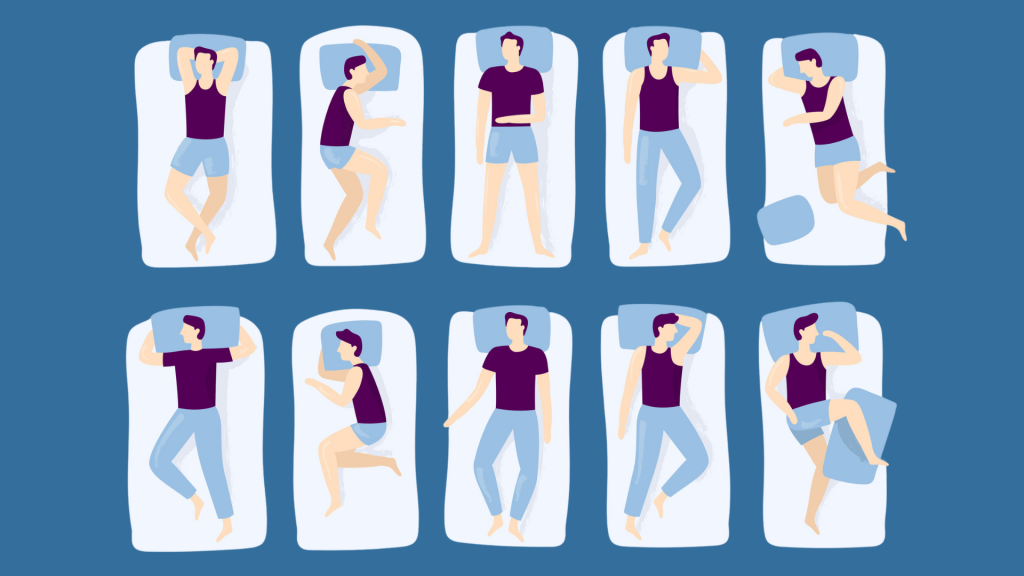
Have you ever wondered what your sleeping position reveals about your personality and mood? A sleep study conducted by the hotel chain Premier Inn, in collaboration with British body language expert Robert Phipps, suggests that your sleeping posture can provide insights into your stress level, personality traits, and overall well-being.
The Foetal Position: Seeking Comfort
The most common sleeping position, adopted by 58% of sleepers, is the Foetal Position. This posture reflects a desire to destress and find comfort in sleep. Those who sleep in this position are often conscientious and tend to worry a lot. While they may wake up feeling rested and energized, they should be cautious not to become too comfortable and should actively seek new challenges to keep growing.
The Log: Set in Their Ways
The second most common sleeping position is the Log, with arms and legs at the sides. People who sleep like a log are often perceived as stubborn and set in their ways. They may wake up feeling stiff due to their rigid sleep pattern. To achieve new goals and experiences, log sleepers should try to relax more and be open to stretching themselves beyond their comfort zone.
The Yearner: Chasing Dreams
Approximately 25% of people sleep in The Yearner position, with their arms outstretched. This posture suggests a yearning for new challenges and a desire to achieve dreams. However, yearners may also be their own worst critics, leading them to quit easily. To harness their potential fully, yearners should embrace each day as a fresh start and commit to seeing things through.
Freefallers: Feeling Out of Control
About 17% of people adopt the Freefall position while sleeping, lying face down with arms and legs outstretched. This posture indicates a feeling of anxiety and lack of control over life. Freefallers should take on small challenges one step at a time to regain a sense of control and empowerment.
Mr. Phipps emphasizes that a good night’s sleep is crucial for overall well-being. Understanding how you sleep can set the tone for your entire day, impacting your mood, stress level, and approach to challenges. By becoming aware of your sleeping position, you can take steps to improve your sleep quality and enhance your overall life experience.







